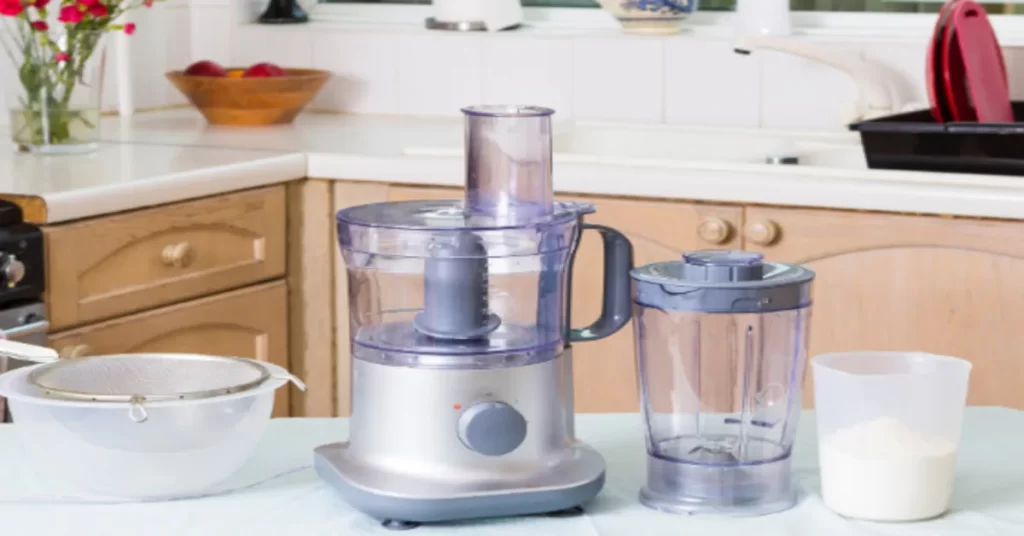Keeping your home’s appliances in excellent working order is important to keeping it clean and useful. Since appliances are seen as investments in a home, cleaning and upkeep are crucial for homeowners.When cooking meals, a food processor is a useful kitchen tool that may help you save time and effort. It can easily perform a wide range of activities, from slicing and chopping to pureeing and mixing.
On the other hand, routine appliance maintenance and cleaning not only guarantees peak performance but also lengthens the appliances’ lifespan, ultimately saving you money. We’ll go over the best practices for maintaining and cleaning appliances in this extensive guide, which will help you make your house healthier and more functional.
Cleaning After Each Usage
Giving your food processor a thorough cleaning after each usage is one of the most important maintenance activities. This entails taking apart every component, including the pusher, cover, bowl, and blades, and giving them a warm, soapy wash. To get rid of any food residue on the blades or in cracks, use a brush or sponge. Before putting the appliance back together, be sure that every component has dried fully.
Sharpening Blades
A food processor’s ability to function effectively depends on its having sharp blades. Regular use can cause blades to dull over time. Think about frequently improving the blades to preserve their sharpness. You can use a knife sharpener made especially for food processor blades or a sharpening stone. To ensure safe and efficient sharpening, follow to the manufacturer’s instructions.
Lubricating Moving Parts
It’s important to lubricate your food processor’s moving parts to guarantee silent, smooth operation. See the user handbook to see which parts like the motor shaft or the blade assembly may need to be lubricated. To prevent food contamination, use mineral oil or food-grade lubricant sparingly.
Prevent Overloading
Keeping your food processor from being overloaded is another important maintenance advice. A manufacturer’s recommended capacity guideline should be followed. The motor and other components may be strained by overloading, which could result in early wear and tear. To avoid overloading, process big amounts of food in batches if necessary.
Store Correctly
When your food processor is not in use, it is important to store it properly to keep it safe. The equipment should be kept out of direct sunlight and dampness in a clean, dry location. To stop the growth of mold or mildew, make sure that every component is totally dry before storing. For secure and dust-free storage of the appliance, use the included storage case or a dedicated cabinet.
Regular Inspections
Perform regular inspections of your food processor to check for any signs of wear, damage, or malfunction. During operation, pay attention to any strange noises, vibrations, or overheating as these may point to underlying problems. If you see any issues, stop using the appliance right away and get repairs done by a competent expert or the manufacturer.
Conclusion
you may prolong the life of your food processor by adhering to these crucial maintenance guidelines. To guarantee the durability and best performance of your appliance, it’s important to follow these basic practices: frequent cleaning, honing of blades, lubrication of moving components, avoid overloading, appropriate storage, and routine inspections. A well-kept food processor will continue to be a useful tool in your kitchen, making it easier for you to cook delectable meals.











